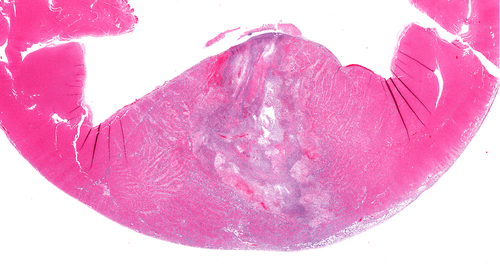 In a new study presented at the 50th European Association for the Study of Diabetes Annual Meeting, researchers at the Karolinska Institut in Sweden found diabetes to be an independent predictor of ischemic heart failure.
In a new study presented at the 50th European Association for the Study of Diabetes Annual Meeting, researchers at the Karolinska Institut in Sweden found diabetes to be an independent predictor of ischemic heart failure.
The team of scientists evaluated a population of patients with a history of ischemic heart failure and separated the population into two groups – 5,265 patients with type 2 diabetes and 12,408 patients without type 2 diabetes. Half of the patients from this study were submitted to revascularization, i.e., delivery of blood to an organ that suffered ischemia. The researchers aimed to understand how diabetes impacts long-term prognosis for heart failure.
The results showed that in comparison to the control group (patients’ without diabetes), patients with diabetes were more prone to hypertension (59% vs. 45%) and heart failure symptoms (53% vs. 46%), while their ejection fraction (EF) was similar between both groups (≥50%). EF measures the amount of blood pumped out of each ventricle during each contraction.
Anna Norhammar, MD, PhD, in the Cardiology Unit, Department of Medicine at Karolinska Institut in Sweden, noted, “Diabetes is common among patients with heart failure that report ischemic heart disease, and it’s an independent predictor for long-term diagnosis not explained by lower ejection fraction (EF) or estimated glomerular filtration rate.
In agreement with their findings, “Pharmacological treatment was given more often to patients with diabetes,” said Norhammar, which included beta-blockers (the majority), but also angiotensin-converting-enzyme inhibitors, statins and aspirin.
“The most severe diagnosis was seen in patients with diabetes without revascularization,” Norhammar said. “Revascularization did not abolish the prognostic impact of diabetes. The use of statins and revascularization was low in patients with diabetes considered that all patients reported had a report of ischemic heart disease. So, maybe an earlier identification of coronary artery disease, improved treatment and the more optimized timing of revascularization could prevent heart failure development and improve the prognosis of patients with diabetes.”


